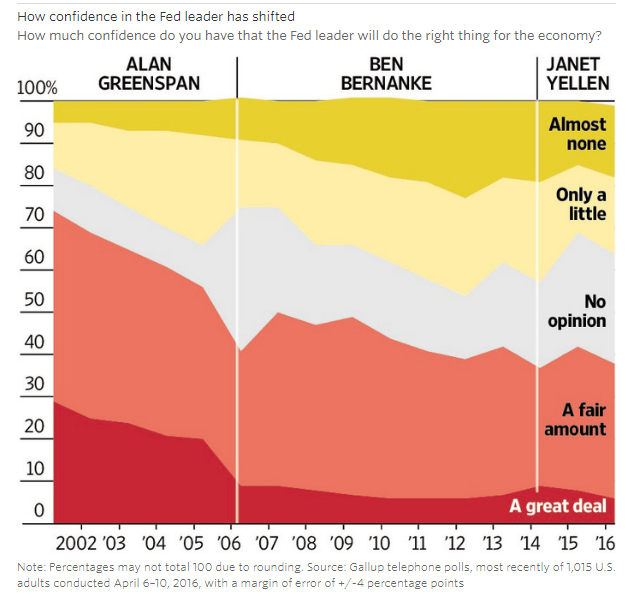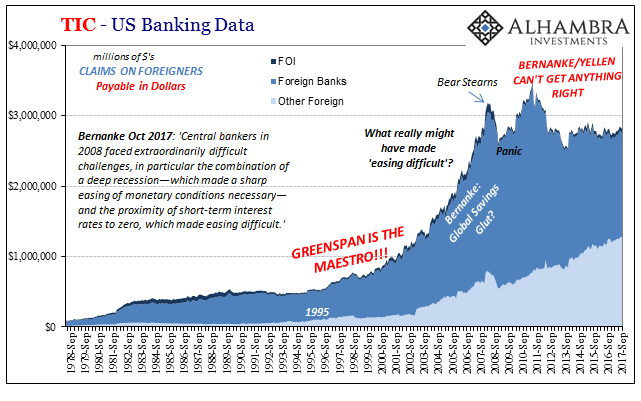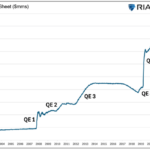Of the few economists honest about the economy, there has been a struggle to come up with an explanation for persisting economic struggles. That has led to a plethora of labels applied to the last decade. Brad Delong, for example, once called it the Lesser Depression
. Larry Summers has revived Alan Hansen’s Secular Stagnation. I prefer Eurodollar Stagnation to that one, especially since Hansen had the thirties all wrong, but if given a choice the last ten years really should be labeled They Really Don’t Know What They Are Doing.
The “they” is Economists in general and central bankers in particular. Even they aren’t so sure anymore, as Jon Hilsenrath wrote last year for the Wall Street Journal:
“There are a lot of things that we thought we knew that haven’t turned out quite as we expected,” said Eric Rosengren, president of the Federal Reserve Bank of Boston. “The economy and financial markets are not as stable as we previously assumed.”
In the 1990s, a period known in economics as the “Great Moderation,” it seemed the Fed could do no wrong. Policy makers and voters saw it as a machine, with buttons officials could push to heat or cool the economy as needed. Now, after more than a decade of economic disappointment, the central bank confronts hardened public skepticism and growing self-doubt about its own understanding of how the U.S. economy works.
Hilsenrath included an astonishing chart with his astonishing article (being a prominent Fed supporter who often wanders a little too close to naked cheerleading).

Though Alan Greenspan had left office in 2006 with a 71% approval rating, the maestro’s luster had already begun to fade (dot-coms and housing bubbles, after all). Then followed Bernanke and 2008. Where once almost three quarters of Americans might have had confidence in the Fed to get it right, only a little more than a third do now.

The public appears to have caught on. Though there isn’t yet a direct line from overall dissatisfaction to the Fed’s doorstep and what’s actually happened, in general people know that something isn’t right. At the very least, the central bank never lives up to its promises let alone its prior reputation.














Leave A Comment